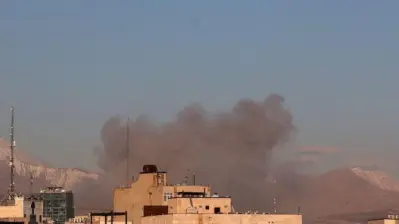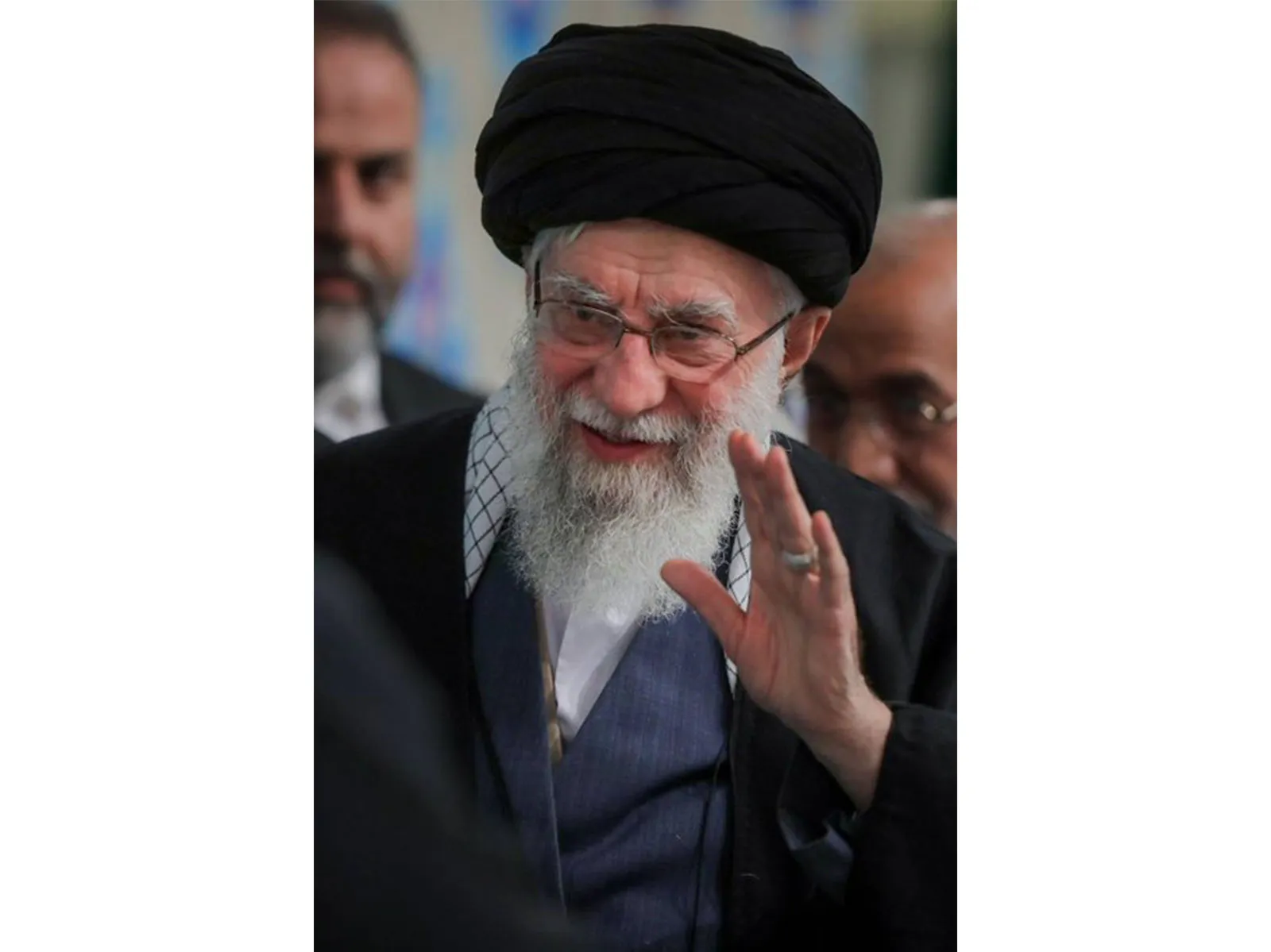

Tehran, March 4: Iran's state media has reported that Iranians will Iranians will bid farewell to late Supreme Leader Ayatollah Ali Khamenei in a ceremony later tonight at Tehran's Imam Khomeini prayer ground. The ceremony will last for three days and the funeral procession will be announced when it is finalized.
Israeli Media had earlier reported that Ayatollah Khamenei's son Mojtaba has been chosen as the successor to his father and will take over as Supreme leader. Senior Israeli officials told Ynet news that the Assembly is expected to formally announce Mojtaba Khamenei as successor in the coming hours. However, no independent confirmation has come from official Iran state media on the development.
Mojtaba was said to have had a major hand in running his late father's office and maintains close ties with the top echelon of the IRGC and the Quds force, said the report. Israeli Media described Mojtaba has having a more hard-line position than his father and being behind the violent crackdowns on protesters in Iran.
In November 2019, the US Treasury Department issued sanctions against Mojtaba. He was designated for representing the then Supreme Leader in an official capacity despite never being elected or appointed to a government position.
The US Treasury further said that the then Supreme Leader had delegated a part of his leadership responsibilities to Mojataba Khamenei, who worked closely with the commander of the Islamic Revolutionary Guard Corps-Quds Force (IRGC-QF) and also the Basij Resistance Force (Basij) to advance his father's destabilizing regional ambitions and oppressive domestic objectives.
Responding to the development, Israel's Defence Minister Israel Katz warned that any leader appointed by the Iranian regime to replace Ali Khamenei will be a "target for elimination," reported the Times of Israel.
"Any leader appointed by the Iranian terror regime to continue leading the plan to destroy Israel, threaten the US and the free world and the countries of the region, and oppress the Iranian people, will be an unequivocal target for elimination. "It does not matter what his name is or where he hides," Katz said in a statement.
"We will continue to act with full force, together with our American partners, to dismantle the regime's capabilities and create the conditions for the Iranian people to overthrow and replace it," Katz added.
Meanwhile, Israel's Health Ministry reported that in the past 24 hours, 219 injured people have been taken to hospitals as a result of the conflict with Iran, said Times of Israel. According to the Ministry, a total of 1,274 people have been evacuated to hospitals since the fighting began on Saturday. Of that number, 96 are still currently hospitalized, while the remainder have been treated and released. (ANI)